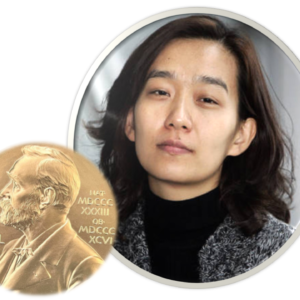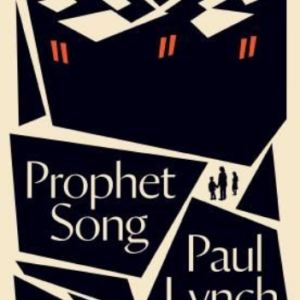Orbital

2024 Booker prize winning novel by Samantha Harvey
Published by Jonathan Cape
Samantha Harvey’s Orbital is a richly layered novel that combines philosophical musings with a uniquely futuristic setting aboard the International Space Station (ISS). The story unfolds in a compressed, 24-hour period, capturing the lives of six astronauts from diverse cultural backgrounds. The setting of space, with its disconnection from Earth, acts as a metaphor for exploring what it means to be human, to exist in time, and to be both part of the universe and yet apart from it. The novel’s elegance is in its exploration of the tension between the vastness of space and the intimacy of human experience.
The astronauts in Orbital come from a variety of countries, each bringing their own perspective to the shared experience of orbiting the Earth. Their reflections on the planet below serve as a profound commentary on human existence, and the book often touches on questions of identity, belonging, and the fragility of life. As they drift through space, the narrative weaves between past memories, inner monologues, and their thoughts on the world they’ve left behind.
Critics have praised Harvey’s prose for its depth and clarity, calling it both poetic and cerebral. Orbital is often described as a philosophical novel, not in the traditional sense of presenting answers, but rather in its exploration of deep questions without clear resolutions. The beauty of the novel lies in its “meditative” tone, where the seemingly mundane aspects of space life—routine tasks, quiet observations, the eerie stillness of the void—take on layers of significance.
The book’s brevity has also drawn attention. At just over 130 pages, Orbital is a concise novel, allowing the author to deliver a powerful, compact narrative. Its focus on short moments and introspective thoughts might leave some readers longing for more plot or character development. The astronauts themselves are portrayed as somewhat distant, in the sense that their personalities are often overshadowed by the larger themes the novel engages with. This can be polarizing: for some, the lack of traditional character arcs feels like an intentional choice to highlight the philosophical nature of the story, while others have found it difficult to connect with the characters on an emotional level.
Despite some critiques about the novel’s elliptical structure and lack of traditional storytelling, Orbital has been well-received for its exploration of space as a unique vantage point from which to consider earthly life. The novel doesn’t rely on action or dramatic conflict but instead uses the setting and its meditative pace to invite reflection on the fundamental nature of human existence and our place in the universe.
What stands out in Orbital is its existential quality. The novel addresses big themes—time, perspective, human connection, and the limitations of knowledge—through the seemingly detached and lonely existence of astronauts. Yet, in that solitude, Harvey finds space for meaningful reflection and deeper understanding, making Orbital a work that stays with readers long after they turn the final page.
For those interested in literature that challenges conventional storytelling and invites deep introspection, Orbital offers a compelling and thought-provoking experience.
-
- The other nominees were:
-
- James – Percival Everett (US) (buy here)
-
- Creation Lake – Rachel Kushner (US) (buy here)
-
- Held – Anne Michaels (Canada) (buy here)
-
- The Safekeep – Yael van der Wouden (Netherlands) (buy here)
-
- Stone Yard Devotion – Charlotte Wood (Australia) (buy here)



